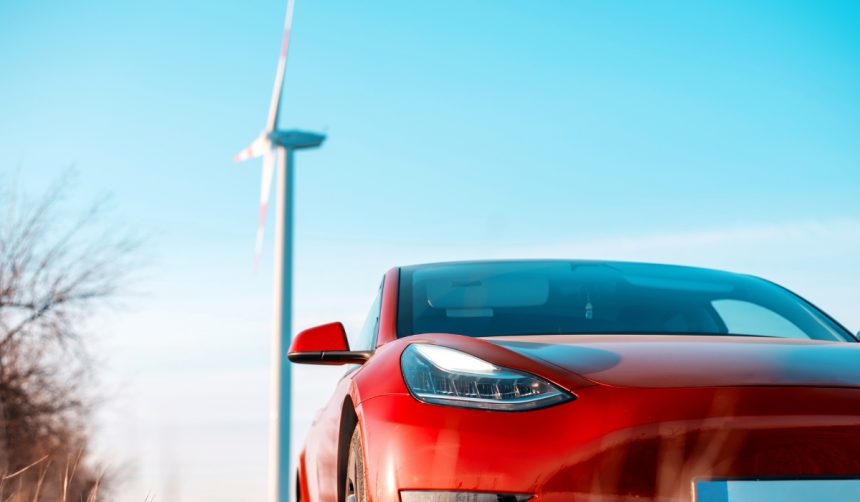Scrutiny over auto safety practices has intensified this week as Tesla faces renewed inquiry from the National Highway Traffic Safety Administration (NHTSA) regarding the timeliness of its crash reporting protocols. Recent questions from regulators highlight growing demands for accountability from technology-driven carmakers, especially in the electric vehicle sector. While the outcome of the current investigation remains to be seen, it follows a series of previous reviews and conversations concerning Tesla’s crash data collection practices. These developments occur as Tesla continues to launch innovative software—including Full Self-Driving (FSD) and features related to the upcoming Robotaxi platform—placing the company’s processes under frequent examination.
Earlier reports about NHTSA’s evaluations of Tesla addressed issues such as FSD activities in various driving conditions, often spurred by accident reports involving the automaker’s autonomous systems. In prior investigations, the agency focused on how the company analyzed incidents and whether timely notification standards were met. Current attention persists on whether Tesla’s internal data pipelines align with mandated timelines for reporting significant events. Changes stemming from past oversight led to increased documentation efforts from Tesla, yet questions regarding systemic improvements continue to surface.
What Prompted NHTSA’s Probe into Tesla’s Crash Reporting?
The NHTSA’s Office of Defects Investigation identified several cases in which Tesla filed crash notifications months after the incidents had occurred. This pattern contradicted the agency’s Standing General Order, which requires manufacturers to report crashes within five days after learning of an event. According to the investigation, Tesla’s submissions sometimes arrived in consolidated batches or on staggered schedules, prompting government review into compliance issues and potential causes for delayed disclosure.
How Have Tesla and Regulators Responded?
In response, Tesla attributed the delays to internal data collection challenges and told authorities that steps have already been taken to rectify the process. Ongoing communication between Tesla and NHTSA indicates the matter is moving toward resolution, with both sides engaged in assessing the effectiveness of corrective actions. The company reassured officials, stating,
“The timing of the reports was an issue with our data collection. The issue has been resolved.”
Meanwhile, NHTSA emphasized the nature of its efforts by clarifying,
“The initiation of the probe against Tesla is a standard process for reviewing compliance with legal requirements.”
What Broader Implications Arise from Recurring Investigations?
This episode marks only the latest NHTSA investigation involving Tesla, spanning previous probes tied to accidents under Full Self-Driving in limited visibility and queries regarding the forthcoming Robotaxi’s safety measures. These continued reviews have kept stakeholder attention high on the company’s ability to monitor and report incidents reliably, particularly as new automation features are introduced to the market. The regulatory environment remains vigilant in seeking assurances that advances in self-driving technology do not compromise timely transparency when accidents happen.
Attention to reporting timelines carries significant implications for both regulators and manufacturers, as delayed data may hinder timely responses to safety concerns. For companies like Tesla, maintaining clear documentation and prompt communication protects both public safety and brand reputation. While Tesla affirms its commitment to compliance and indicates that reporting structures have been improved, regular audits and updates remain likely as autonomous vehicle technologies expand. Individuals monitoring the electric vehicle and self-driving landscape are advised to follow developments from both regulatory and industry perspectives, as timely incident disclosure remains a central pillar in maintaining oversight and consumer trust. A key takeaway is that procedural accuracy in reporting is not merely administrative—it directly influences broader public and regulatory confidence in next-generation automotive systems.
- NHTSA investigated Tesla’s delays in reporting certain crash events.
- Tesla cited internal data issues and claims resolution is underway.
- The probe reflects regulatory scrutiny of new self-driving technologies.










